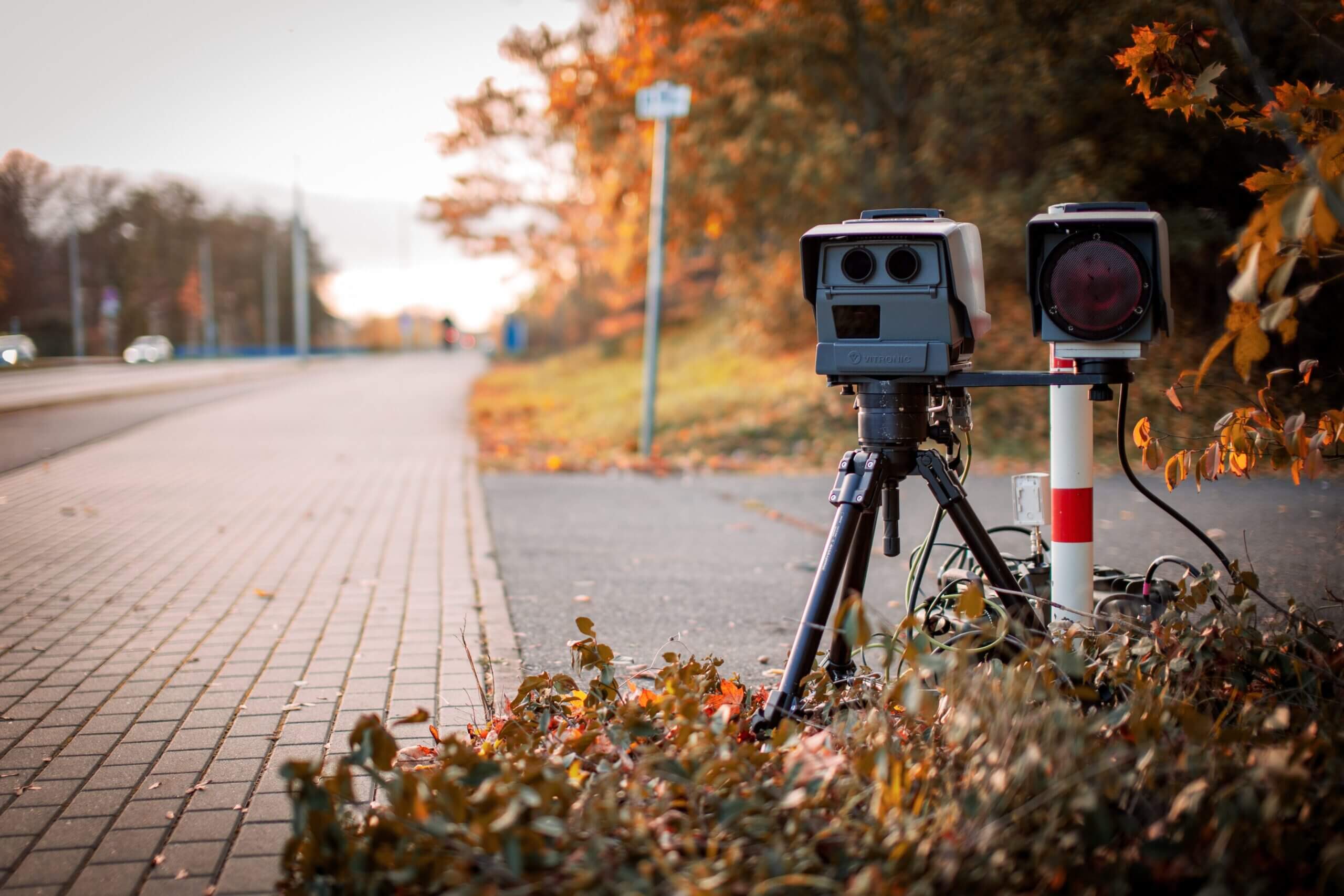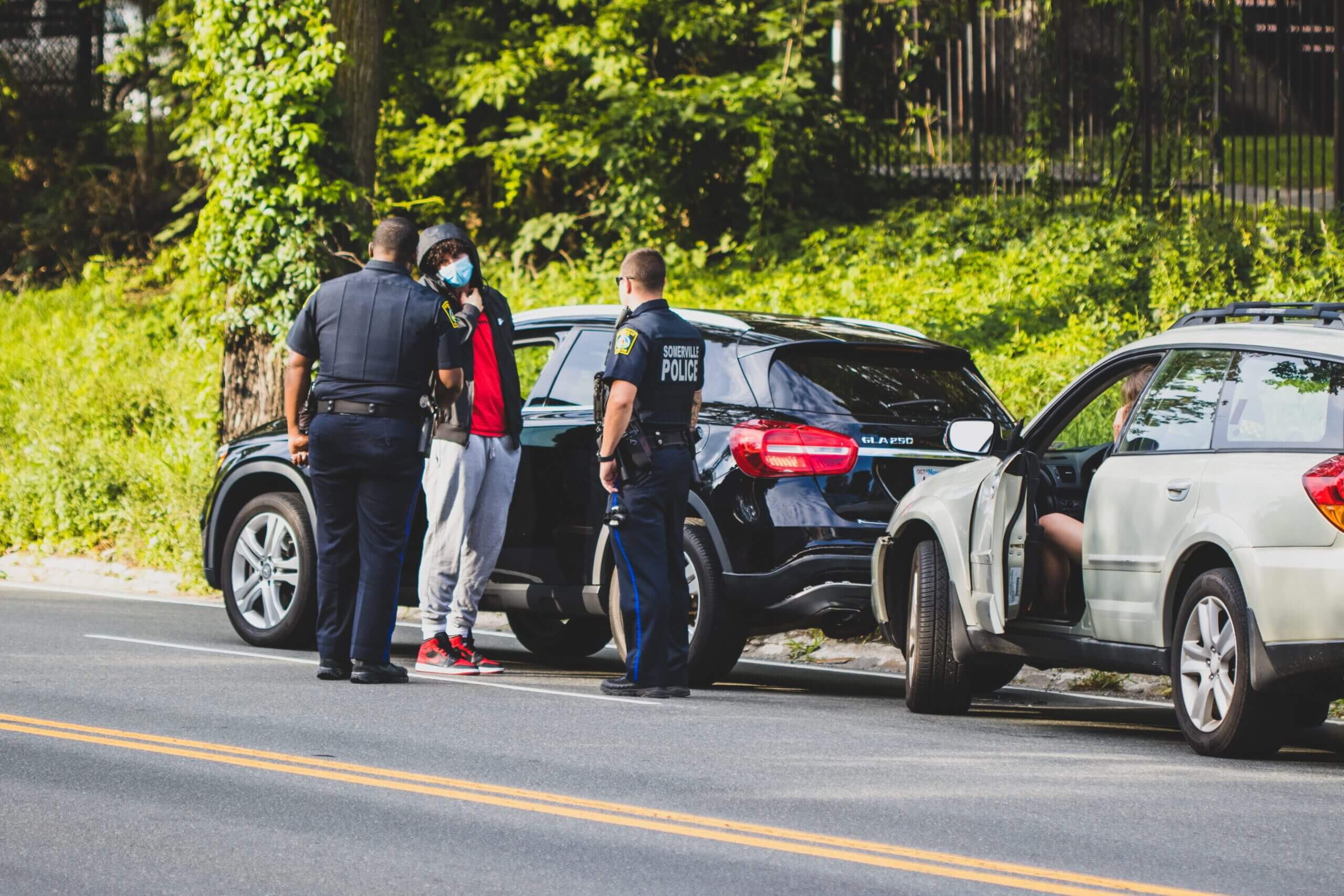Police Report After a DC Car Accident
A police report after a DC car accident can be a helpful aid in your personal injury case. But that does not mean that they are final. It is almost wholly inadmissible if we go to trial to litigate your case. Hearsay is an out-of-court statement offered for the truth of the matter asserted. A police report is a statement for hearsay purposes. Thus, they are inadmissible if provided to the court to prove the truth of the matter asserted within them. However, they may still be admissible in court for other reasons. For example, they may be used by a police officer to refresh his memory on the witness stand.
So, why do insurance carriers take police reports so seriously? There are a few reasons. For one, the insurance adjusters negotiating settlements on car accident cases did not go to law school or fully understand the rules of evidence. Of course, there remains the possibility that they are feigning ignorance to benefit their argument. Nonetheless, even if the police report for your DC car accident case blames you, it is not conclusive that you are liable. In many cases, our legal team has taken a case despite a police report blaming a client for the accident and winning in court despite the rocky start with the officers at the scene.
How to Request a Police Report in DC
In Washington, D.C., when you get into a car accident, the police report is known as a PD-10. This report has a six-digit identifying number. You should note this number, as we will ask for it during your consultation. While slower, we are happy to request a police report on your behalf. This is what we do in nearly all of our cases. To do this, we have you sign a police authorization form sent by email or in our office. We then send this form and other requisite information to the Metropolitan police department. We request police reports from their department via mail or e-mail. This is slower than if you go into the police department on 441 4th Street, NW, and get it yourself.
Mail is generally less expensive than email, which is instant. Our goal is to maximize your compensation, so we typically opt for the less expensive route. If you request the police report yourself, you may submit your request to mpd.public-docs@dc.gov or send them a letter yourself. In this e-mail or letter, you must include your full name, date of the accident, location of the accident, police report number, time of the accident, a copy of your photo identification, and a copy of a completed version of PD Form 10B—Application for PD Form 10 Accident Report.
The fastest option is to go in person. However, in-person requests are made by appointment only. To make an appointment, you need the date of the accident, the six-digit police report number, or a valid government-issued photo identification. You do not need all three.
Components of a DC Police Report

A police report has several notable components a personal injury lawyer can use following your car accident. Below, we list the components most relevant to your case and valuable to the law firm you use to represent you.
Date, Time, and Location in a DC Police Report
These are essential facts to provide to the insurance carrier on both sides to proceed with settlement negotiations on your case. When we report an accident on your behalf, we need certain information to successfully and comprehensively report on. The insurance carrier will only consider the accident reported if we have enough information for them to start the claim. Thus, an issue may arise if you do not have all the pertinent facts. There are several legitimate reasons why you may be missing key facts. For example, a client may have been in too much pain and physically disabled to learn specific information. A brain injury may have caused a blackout, causing the plaintiff not to remember any information. Fortunately, the DC police typically do an excellent job collecting relevant information.
Car Information
While clients may remember the date, time, and location, they sometimes neglect to obtain all information on the car. You may not know what information you need from the car. In other instances, clients may obtain far more than we need. While that is not a problem, knowing exactly what will help build your case will be easier.
We need the car’s tag number, make, model, color, and the year it was manufactured. All information is relevant to your DC car accident case for a different reason. The year your car was manufactured can be important when we learn whether your car has been deemed a “total loss.” An insurance company is far quicker to consider a 2008 car a total loss than a 2024 car. This impacts property damage and the pain and suffering award you may receive in your case.
Insurance Information
Like missing the car information, we need the tortfeasor’s insurance information. If you neglect to collect this information at the accident scene, we should be able to get it from the police report. Remember, we cannot simply use your uninsured motorist coverage without first doing our due diligence and ensuring no insurance on the other side. We need to present proof to your insurance company of the absence of that coverage.
Narrative in a DC Police Report
This is both useful and entirely worthless at the same time. The police officer will speak to witnesses and all drivers to get an idea of what happened. They will then identify each vehicle in the accident as “vehicle one” or “vehicle two.” The report will then describe the way the accident happened. While beneficial for giving an attorney and insurance carrier an idea of what happened, they should not be relied upon. Moreover, they are inadmissible in court. However, the witness who informed the officer that the accident was your fault can still testify at trial if he witnessed the accident occur.
What to Do if the Police Report Is Inaccurate

If you believe the information in the police report is inaccurate, it is imperative to inform your DC injury attorney immediately. Which part of the report that is incorrect dictates how vital the issue is. If it is a faulty policy number for a party’s insurance, whether yours or the adverse party’s, we will find that out very quickly. However, informing your attorney and getting ahead of the issue will save time and allow your case to be processed by the insurance company faster.
Can You Challenge a Police Report After a DC Car Accident?
A police report after a DC car accident is not always accurate. When this happens, clients often ask us whether they can challenge the police report. The important thing to remember is that a police report is not the final say. Only when a judge declares a judgment is there a final decision made. And even then, the decision may be appealable.
On challenging the police report itself, it is highly unlikely that a police officer will go back and revise their report. And there is no need for them to. Instead, our goal should be to challenge its validity to an entity that matters. For example, we can assert in our negotiation with the defendant’s insurer that the police report is wrong. In that discussion, we can present evidence that contradicts the police report and builds our case. This matters because the police report in a civil car accident case holds no legitimate weight. If you are concerned with a traffic ticket, that is a criminal matter and should be discussed with a criminal defense attorney. However, the police report after a DC car accident holds little to no weight in a civil court.
Can a Police Officer Testify in Your DC Car Accident Case?
A police officer can testify in your DC car accident case. However, it generally must be something the officer witnessed firsthand, although there are limited exceptions. A police officer rarely happens to be the objective person who witnessed the accident. Typically, if an officer is testifying at trial, it is to corroborate a version of events in which one driver said something regarding liability. For example, they took statements from drivers and witnesses and can recall them in court.
Additionally, as they are generally unbiased, police officers may be the best witnesses to testify about skid marks, damage, and how a driver acted after the accident or debris. Of course, a photograph of damage or skid marks will be most effective. However, if you or the other driver neglects to take these photographs, testimony from an unbiased witness is the next best thing. Weather conditions, road conditions, and signs of impairment are also factors a police officer can testify to.
Even if these items are in the police report after a DC car accident, they are not admissible and must be testified to at trial.
What If the Other Driver Lied to the Police?
Drivers tell lies to the police consistently after a DC accident. They may falsely blame the other driver for the accident, claim they had the right of way when they did not, deny distractions such as texting and driving, and lie about their injuries to avoid any responsibility. It is important to remember again that there is no reason to challenge any falsities in a police report after a DC car accident. If we are to challenge those claims, it will be to the adverse insurance company or in front of a judge or jury in court. How do we do this?
First, we gather evidence. This may or may not be in the police report after a DC car accident. Our legal team knows to check for video evidence. This is the most compelling evidence available. Dashcam footage, traffic cameras, or surveillance cameras can contradict their statement. Then, we speak with eyewitnesses. Ideally, an eyewitness will pull over to the side of the road with you and provide their contact information. While a police officer probably will not witness the accident, chances are someone else on the road will. Then, when we get into court, if the other driver who lied to the police decides to lie on the witness stand, they could face perjury charges as it is illegal to do so.
The Impact of Police Reports on Insurance Claims in DC
Unfortunately, police reports impact insurance claims for car accidents in DC. Insurance carriers rely on police report narratives to determine liability. This is a lazy version of establishing fault. Our legal team conducts a thorough investigation to collect evidence and determine fault based on facts. There is a reason why police report narratives are inadmissible in court: they are unreliable.
Nonetheless, they do influence insurance adjusters. When this happens, we still like to try to settle your case to save on the cost of filing your case in court and on witnesses. Thus, we can, and often do, explain why the facts of the case contradict and supersede the narrative included in the report. However, note that the police report narrative is correct a large majority of the time. But it is incorrect enough that it should not be relied upon.
Speak With a DC Accident Lawyer
Police reports are just one component of your DC car accident case. Call our office today for a free consultation if you have any questions or believe you have a case.

 N/a
N/a














